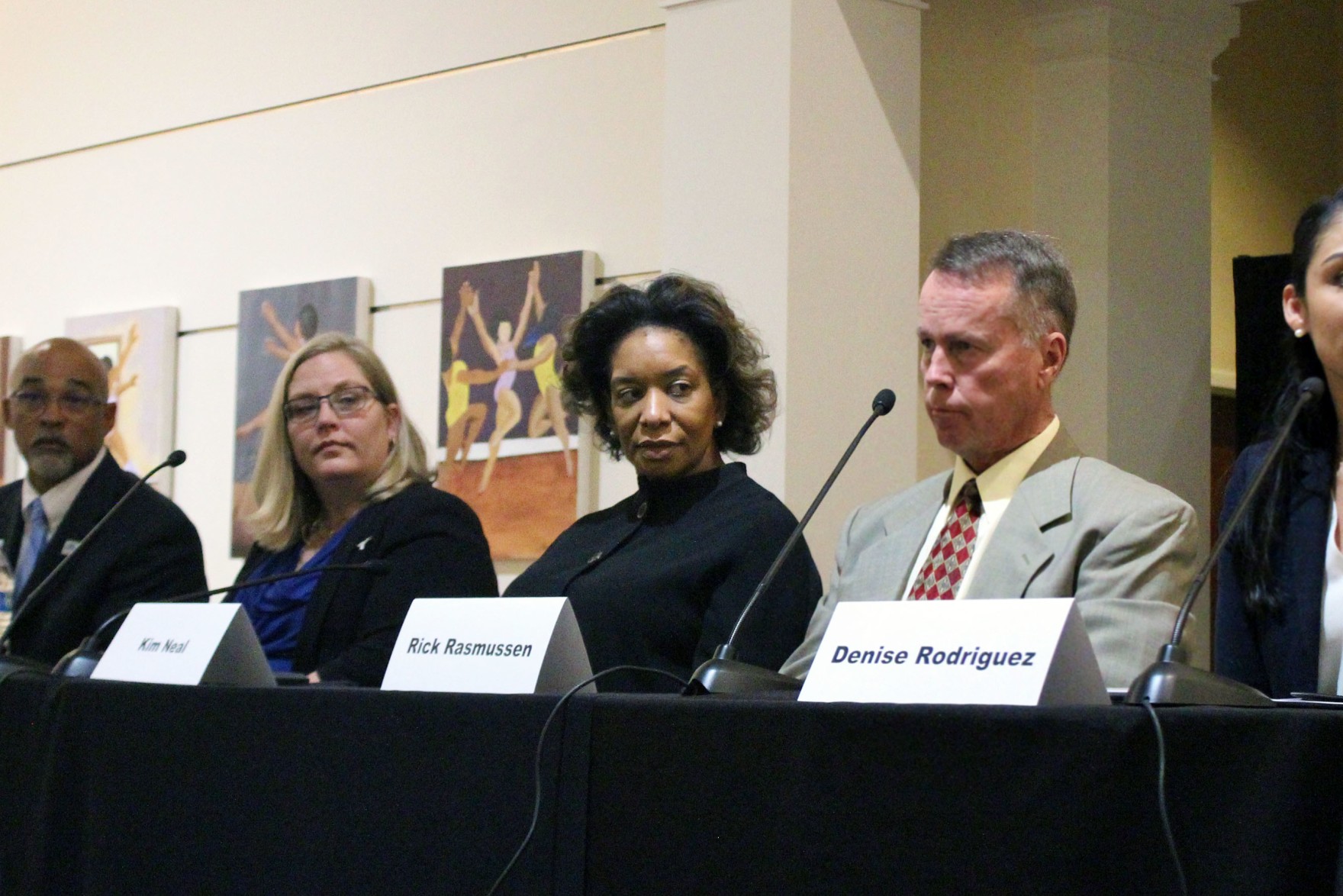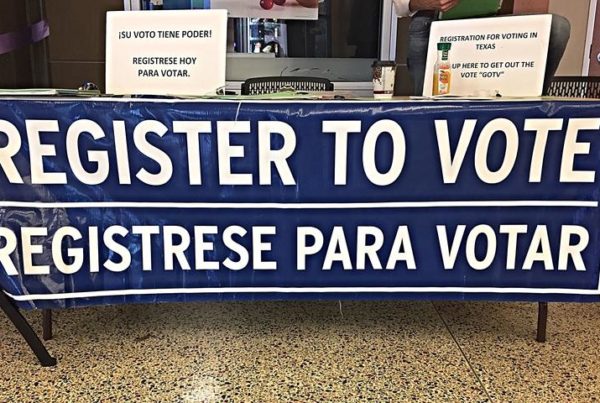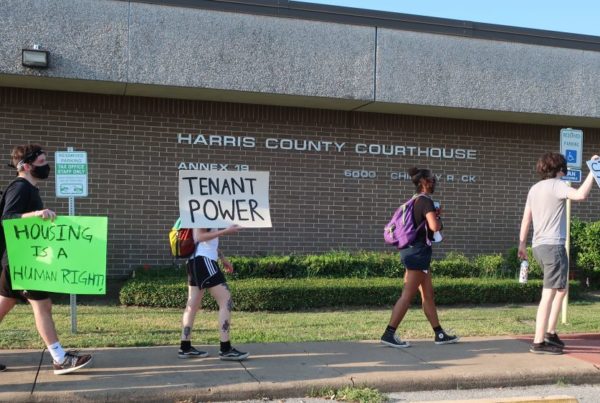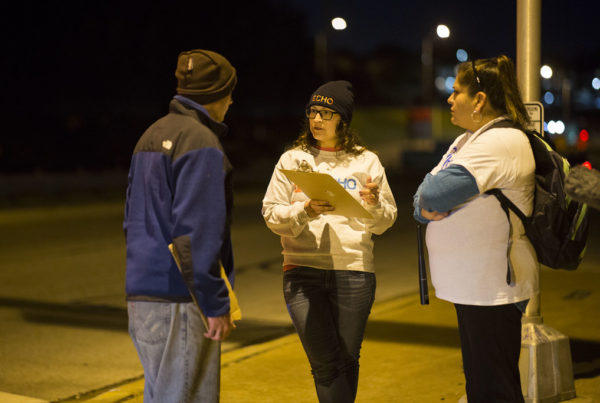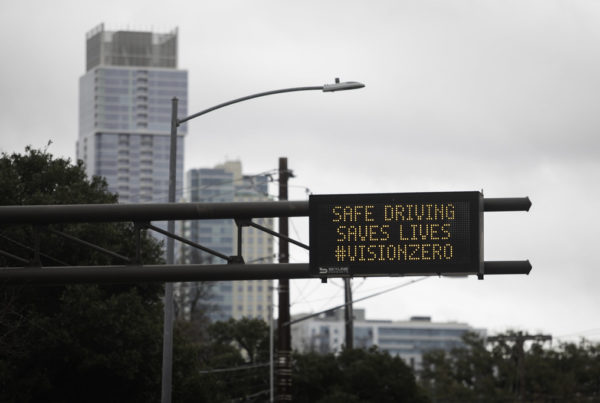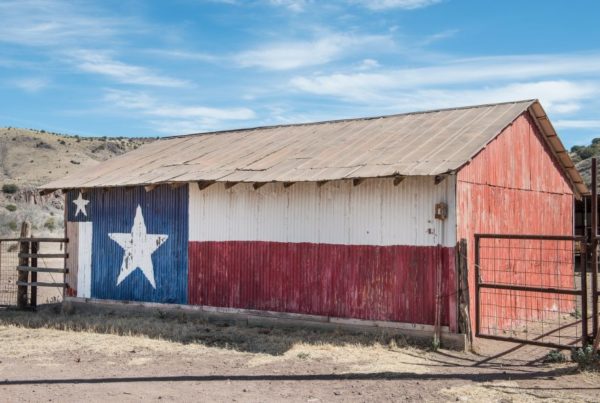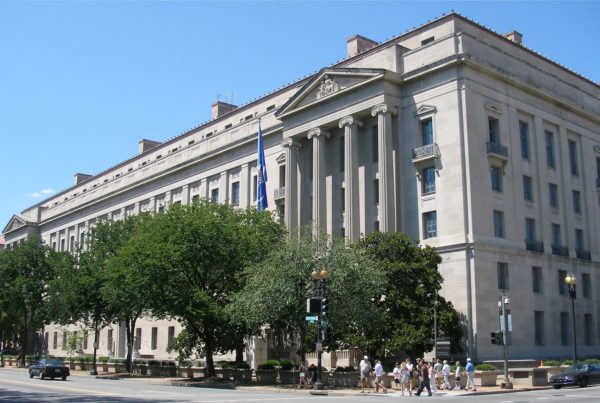From KERA:
Kim Neal became Fort Worth’s first police monitor just a few months before a Minneapolis police officer killed George Floyd.
Protests exploded nationwide, and demonstrators in Fort Worth carried signs in honor of Atatiana Jefferson, a Black woman killed by a white Fort Worth police officer last year.
Even before Jefferson’s death, the wheels to hire a police monitor had already been in motion for years. A task force report from 2018 recommended the city establish some kind of independent police oversight.
In January 2020, the city picked Neal, who had previously been the head of police oversight in Cincinnati, Ohio.
“My city manager in Cincinnati used to joke with me all the time, because, you know, if it was up to me, civilian oversight was the most important thing,” Neal said. “It was more important than the health department. Ahh, who cares about health?”
Before the city hired Neal, Fort Worth was the largest city in Texas that didn’t have a monitor or board examining what the police department was doing.
Now that she’s here, she keeps an eye on how the department looks into citizens’ complaints, and how it investigates its own officers. Her office collects and analyzes data about the department and recommends policy changes.
Her goal is to improve the relationship between the community and police. Recent high-profile police killings and shootings have made it clear just how important that is.
“Just because they’re happening in Wisconsin, or they’re happening in Minneapolis, or in Louisville, Kentucky, it doesn’t matter. Doesn’t mean it’s not gonna happen here,” she said. “So we just always have to be ready and prepared to take that on. And we’ve got to stop being reactive, and be more proactive.”
How Much Authority Is Needed For Oversight To Be Effective?
Neal’s office has reviewed over 100 citizen complaints so far, and the police department has accepted all of her recommendations, including adopting a uniform system to help her office track complaints.
But police oversight in Fort Worth is still a work in progress, and some activists want more.
Pamela Young with the group United Fort Worth wants the city to establish a community oversight board, made up of regular people.
“No one knows better what is wrong and what needs to be changed than Black people in Fort Worth, and brown people in Fort Worth, and poor people in Fort Worth,” she said.
In a perfect world, Young said, Neal and her assistant would work directly with the community oversight board.
Neal likes the idea of a board, but won’t make her recommendation about what it should look like until next month.
In June, the Fort Worth Tarrant County NAACP sent a letter to the mayor and City Council, asking them to make a plan for the community oversight board immediately. It’s been years since the 2018 task force report that led to Neal’s hiring. That report suggested a board as a model for oversight in the city.
Dante Williams is the president of Community Frontline, an organization that serves East Fort Worth, and he signed the NAACP letter. He said he doesn’t understand what the holdup is.
“As we wait, you know, more things are gonna happen, and the community is still gonna feel like they’re at a disadvantage to getting justice,” he said.
Williams is also concerned about what Neal can’t do. He wishes Neal had the power to compel officers to talk to her. And because she can only make recommendations, she can’t force the police to do anything.
Gbenga Ajilore is a senior economist at the Center for American Progress, a left-leaning think tank in Washington, D.C. He’s studied police oversight, and he’s skeptical about how much impact a police monitor can actually have without decision-making power.
“They have to follow recommendations. So, if an officer kills someone, and it was deemed that it was unauthorized — extrajudicial — then there should be a way to make that officer and that agency accountable,” he said. “And if not, there’s no reason for the agency to change their behavior, and therefore, oversight is meaningless.”
The city does have some built-in layers of accountability. The police chief isn’t the king of the department. He has to report to an assistant city manager.
But one shakeup on its way is Chief Ed Kraus’s retirement, which he announced in July.
Kim Neal said it’s unlikely the city hires a new chief who is totally opposed to working with her. And after six tumultuous months, she still believes she has the power to make a difference.
“If I didn’t, I probably wouldn’t be here,” she said.


